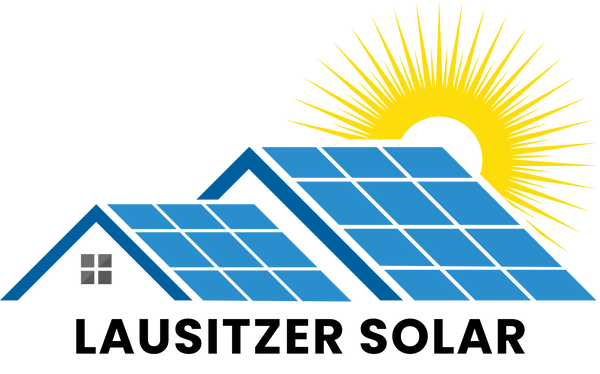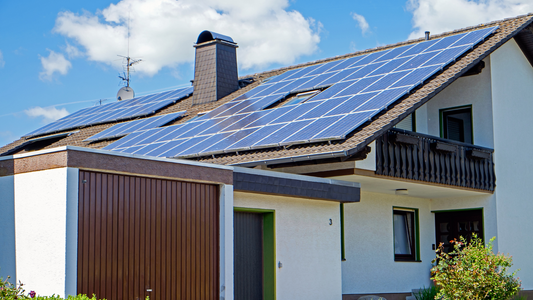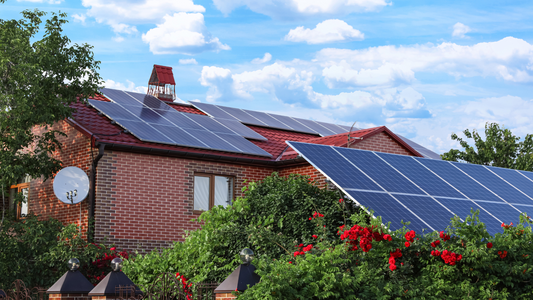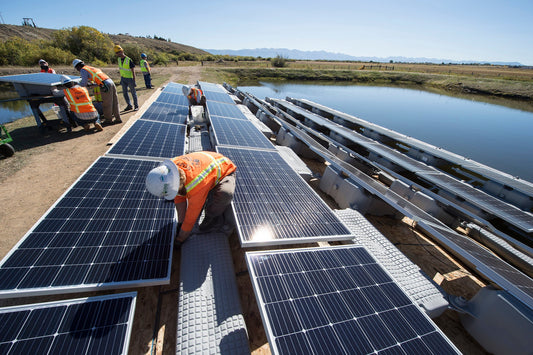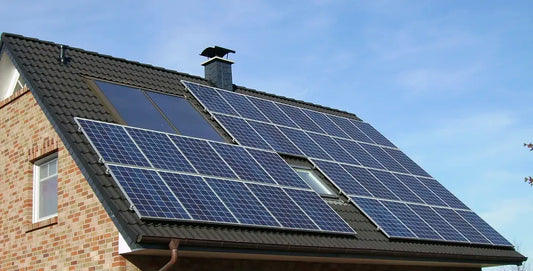
Why self-consumption is the key to the efficiency of photovoltaic systems
Self-consumption of solar power is one of the most crucial factors for the profitability and efficiency of a photovoltaic system. More and more homeowners are relying on their own solar systems to reduce their electricity costs and become less dependent on the public grid. In this blog, we explain why self-consumption of PV systems is so important and what advantages it offers.
1. What does self-consumption mean?
Self-consumption refers to the portion of electricity generated by a photovoltaic system that is used directly in the household instead of being fed into the public grid. The more electricity you use yourself, the less you have to purchase from the grid. This is particularly attractive in times of rising electricity prices, as grid-sourced electricity is usually significantly more expensive than self-generated solar power.
2. Advantages of self-consumption
- Lower electricity costs: The biggest benefit of self-consumption is the direct reduction in electricity costs. The more you use your own solar power, the less you rely on expensive grid electricity.
- Faster return on investment: By maximizing self-consumption, the investment in a photovoltaic system pays for itself more quickly. Especially with feed-in tariffs, which are often lower than grid electricity prices, it's more advantageous to use the generated electricity yourself.
- Independence from the power grid: High self-consumption leads to greater independence from the public power grid. Especially when combined with a battery storage system, self-consumption can be increased to up to 70%, allowing self-generated electricity to be used even in the evenings or during inclement weather.
3. How do you maximize your own consumption?
There are various measures to increase self-consumption:
- Battery storage: A battery storage system stores excess solar power and makes it available when the sun isn't shining. This can significantly increase self-consumption.
- Smart home technologies: Intelligent controls allow power-intensive appliances like washing machines or dishwashers to be used precisely when the PV system is producing the most electricity. This optimizes energy consumption and increases the proportion of self-consumption.
- Electric vehicles: If you own an electric car, you can charge it with solar power during the day. This allows you to use the electricity directly and also save on fuel costs.
4. Long-term benefits of self-consumption
The higher your self-consumption, the more you'll benefit from your photovoltaic system in the long run. Lower electricity costs and the use of your own renewable energy not only increase your independence but also the value of your property. Furthermore, you're making an important contribution to environmental protection and reducing CO2 emissions.
Conclusion
Self-consumption is a key factor in the efficiency and profitability of photovoltaic systems. By using self-generated solar power, homeowners can significantly reduce their energy costs and maximize their independence from the public grid. With the right measures, such as battery storage and smart consumption strategies, self-consumption can be further increased, making investing in a PV system even more attractive.
